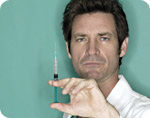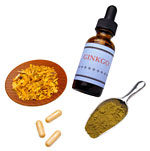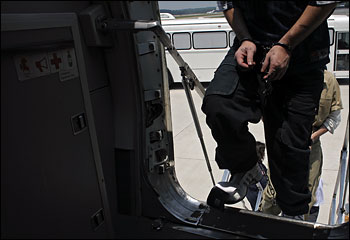There is more to life. The human body was not designed to “fall apart”.
Nobel Prize winner Dr. Alexis Carrel was able to keep cells from a chicken heart alive and replicating new cells for 28 years, far outliving the life of a chicken which is 7 to 12 years. The cells did not die of aging they simply terminated the experiment.
“The cell is immortal. It is merely the fluid in which it floats that degenerates. Renew this fluid at regular intervals, give the cell what it requires for nutrition, and as far as we know, the pulsation of life can go on forever.” – Dr. Alexis Carroll, Nobel Prize Winner
Highly Recommended:
– The Biology Of Belief
– The Wisdom of Your Cells
– Life and Teaching of the Masters of the Far East
More here: (Health & Science) (Gesundheit & Wissenschaft)
___________________________________________________________________________

Clean bill of health: Scientists have shown that clearing damaged protein from the liver helps stop age decline in the organ (Source: iStockphoto)
Scientists have stopped the ageing process in an entire organ for the first time, a study released today says.
Published in today’s online edition of Nature Medicine, researchers at the Albert Einstein College of Medicine at Yeshiva University in New York City also say the older organs function as well as they did when the host animal was younger.
The researchers, led by Associate Professor Ana Maria Cuervo, blocked the ageing process in mice livers by stopping the build-up of harmful proteins inside the organ’s cells.













